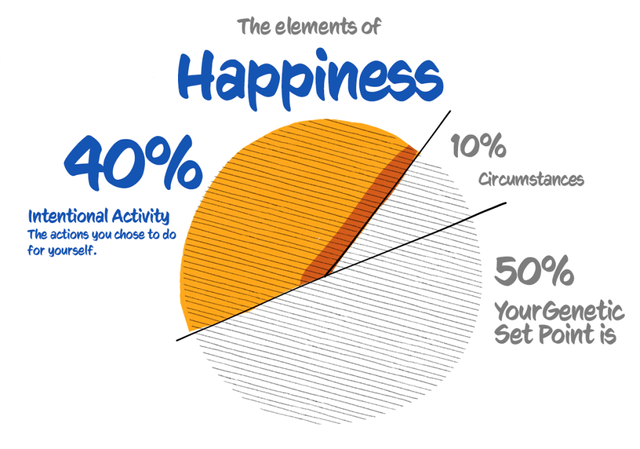
One side makes the argument that technology is neutral, but it’s how we use it that defines us, i.e., you can use a hammer to pound a nail, or you can use it to smash someone’s face. Steam engines can be used to transport coal or commercial goods…or they can be used to transport Jews to concentration camps.

Holocaust trains
More recent examples — property destruction on Airbnb, rapes by Uber drivers, or murders on Craigslist…these companies were all made with a purpose to improve our lives, but also had some unintended consequences. In sum we should be careful how we use our tech, think it through, and make sure we can regulate it but not to the point where it hurts the economy. There will always be bad actors who use tech in a bad way.
The other side would say that technology is NOT neutral and that it can have inevitable patterns of consequences that are inherent in the design. There are perhaps some technologies that are better off NOT existing (nuclear weapons, gas chambers), or at the least those that should be regulated heavily. Television is not neutral in that people are using it to watch the same channels, which inevitably creates groupthink and a sort of illusion of culture, nation, and a fueling of consumerism.
It becomes even more evident when a company like Facebook specifically develops algorithms that hack our million year-old brains into thinking that we need to check our phones 950 times a day. That was by no means inevitable, and life was a lot different even 10 years ago. You know, the days where we'd go out and hang out with friends, be part of our community, and have actual conversations with people.

Zombie Nation
Yuval Harari basically made this latter point in his book Sapiens. From a psychological perspective he asks if we are any happier than we were 2,000 or 10,000 or 100,000 years ago. His conclusion is basically ‘no, we’re not.’ Of course you can’t argue that the advent of modern healthcare, sanitation, structured/safe society has improved our lives to an unimaginable degree. But his point was that we’re hardwired a certain way — to continue seeking progress indefinitely as if we were still ‘surviving’ in the rough terrains of the African savannah — and ‘technological progress’ is not synonymous with happiness.
Today we know that 50% of our happiness is genetic, and the rest is based on your actions and environment. Generally speaking as long as we have a home, meaningful work, good community, and aren’t afraid for our lives, it’s relatively easy for humans to be ‘happy.’ This is at least one reason that explains why the CEO that is 1,000x richer than the average family in Laos and that never has to worry about personal finances is miserable, whereas the 'poor' family that farms their own land is beaming with love and laughter.

The problem with unleashing technologies like Facebook, and Google on the world is that they are largely profit-driven companies that are impacting the behaviors of BILLIONS of people around the world — and give little thought to how their tech impacts the psychology and well being of people. That's the dilemma we face today, and by the looks of it, no one seems to be coming to the rescue -- we have to figure this one out for ourselves.
Books I’d recommend you check out:
Reinventing the Wheel — the Buddhist response to technological progress
Jerry Mander's general critique of Technology
Posted from my blog with SteemPress : https://mishayurchenko.me/2019/02/21/do-we-shape-technology-or-does-it-shape-us/